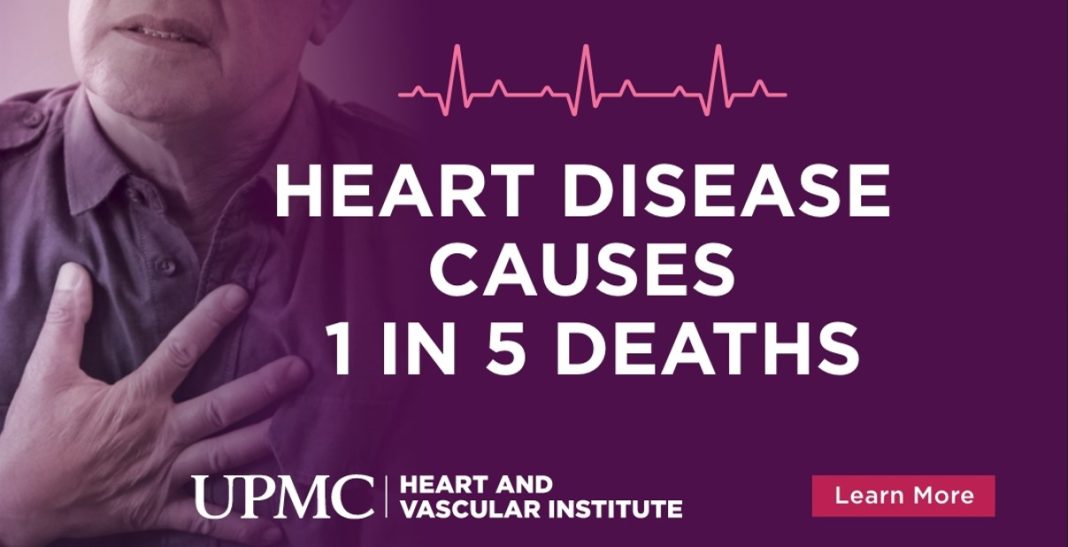Embracing Emotional Health in Diabetes Care

Diabetes & Nutrition Care Center, UPMC
UPMC Expert: Embracing Emotional Health in Diabetes Care
Renee Hughes, BSN, RN, ADCES
Diabetes & Nutrition Care Center, UPMC
November is Diabetes Awareness Month. An estimated 10 percent of Americans are living with diabetes — that’s about 38.4 million people. Diabetes is classified in two ways – Type 1 and Type 2. Both Type 1 and Type 2 diabetes cause similar symptoms and need lifelong management after diagnosis. But the two diseases have different causes.
Type 1 diabetes is an autoimmune disease in which the immune system attacks the beta cells in the pancreas that make insulin. Insulin helps regulate blood sugar levels and without it, blood sugar levels remain elevated at high levels which can lead to complications like heart problems, kidney issues, vision loss, and even nerve damage.
On the other hand, Type 2 diabetes develops much later in life, usually in middle age. It is a condition caused by a breakdown in the metabolic pathways that regulate insulin and blood sugar levels. The body becomes resistant to insulin, making it harder for your cells to take up glucose and convert it to energy. Genetics plays a role in if you may develop Type 2 diabetes. It is more common in some families — especially those of Black and Hispanic ethnicities. But environmental factors like an unhealthy diet and lack of exercise also play a role in whether someone develops this disease.
The diagnosis of diabetes or prediabetes is an alert that can help you slow the condition’s progression with adjustments to diet and lifestyle. Whether you’re diagnosed with Type 1 or Type 2 diabetes, you’re in for a lifetime of management. But how you manage diabetes also depends on which type you have.
There is an emotional side to managing diabetes, and a certified diabetes educator (CDE) can help you understand and overcome these challenges. Many patients are shocked to hear they have diabetes. They may not have the traditional symptoms, or there may not be anyone else in their family who has the condition. Denial is a common reaction, but unfortunately, it delays you in making recommended changes to improve your health. Sitting down with your primary care provider or a CDE to see how your blood sugar levels relate to established guidelines is a good starting point for understanding and accepting your diagnosis.
Fear is another common emotion. Many patients worry that they are going to need insulin, that they will have to give up all their favorite foods, or that they are guaranteed to suffer severe complications because of their condition. Through diabetes education, you learn that you can still enjoy a little of everything in moderation. Hundreds of thousands of people have learned to manage their diabetes and lived for decades without using insulin or developing complications.
Well-meaning friends and family members can frustrate and confuse a new diabetes patient with conflicting advice, misinformation and frightening stories. The most reliable guidelines are tailored directly to you and your unique lifestyle. This can come from your primary care provider, a CDE, or any primary sources that these experts recommend.
Managing diabetes requires forming new habits. Just as many people struggle with their first attempts to quit smoking, lose weight or start exercising, it’s important to accept that you may not do it perfectly or completely at first, but you shouldn’t give up! Diabetes educators have helped many people find sure footing on this journey, and they have tips and suggestions to help you overcome challenges, avoid common pitfalls, and be successful.
Learning to deal with stress is an important part of managing diabetes. Stress can directly impact blood glucose levels. In addition, when under stress you may be less likely to take good care of yourself. Checking blood glucose levels is an important part of diabetes self-care, but it can also become a source of stress when levels aren’t ideal even with your best efforts. The impact can have a cyclical effect as stress builds and then continues to have a negative impact on your numbers. Working with a diabetes educator can help you develop realistic expectations for your blood glucose levels so you can keep this one source of stress in check.
While not everyone who has diabetes suffers from depression, the condition does increase your risks. It’s important to recognize the signs of depression and get help early. Many symptoms of depression, such as lack of appetite, sleep and energy, can interfere with good diabetes management.
Learning to manage your diabetes is an ongoing process, and fortunately, CDEs are prepared to help you master both the physical and emotional challenges you may face. Talk to your primary care provider about a referral today.
Renee Hughes, BSN, RN, ADCES, is a diabetes educator with Diabetes and Nutrition Care Center, UPMC in North Central Pa., 1100 Grampian Blvd., Williamsport. To learn more about the services and classes provided by Diabetes and Nutrition Care Center, call 570-326-8410 or go to UPMC.com/DiabetesNCPA.





